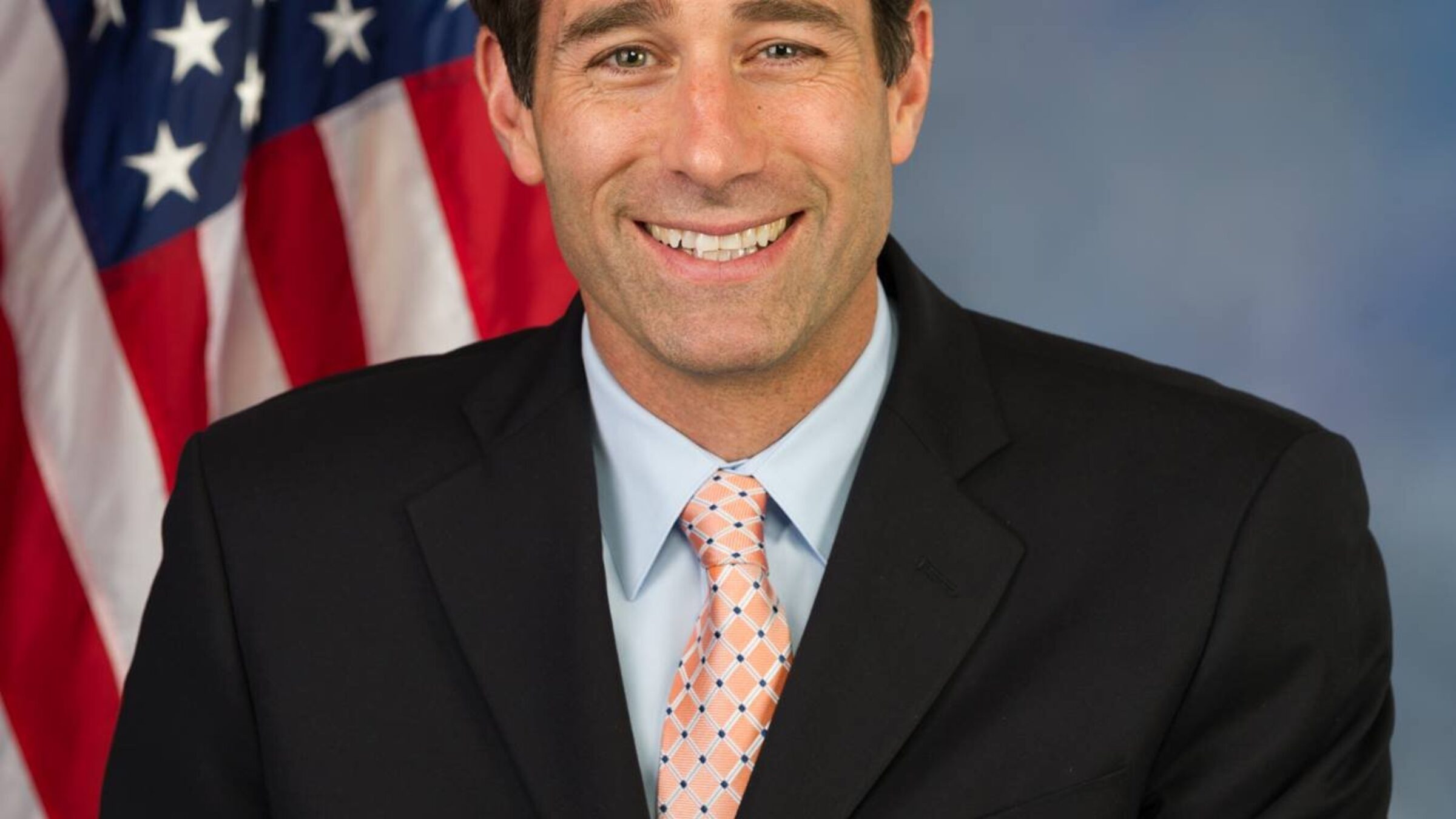A Case of Post-Partisanship: The CASES for Constituents Act
August 22, 2019
HR 1079 — sponsored by Congressional Future Caucus member Rep. Garret Graves (R-LA-6) and cosponsored by fellow Future Caucus member Rep. Joe Kennedy III (D-MA-4) — has been signed into law by the President. This legislation modernizes congressional casework by requiring federal agencies to accept electronic forms of identification and authentication, allowing an individual to access their records or provide consent for the release of their records much quicker than in the past.

H.R. 1079, the Creating Advanced Streamlined Electronic Services (CASES) for Constituents Act of 2019, passed the House of Representatives on February 11, 2019, passed the Senate on July 31, 2019, and was signed by the President less than a month later on August 22nd. The bill was sponsored by Congressional Future Caucus member Rep. Garret Graves (R-LA-6) and cosponsored by fellow Future Caucus member Rep. Joe Kennedy III (D-MA-4). This legislation modernizes congressional casework by requiring federal agencies to accept electronic forms of identification and authentication, allowing an individual to access their records or provide consent for the release of their records much quicker than in the past.
The most common use of these consent forms is to authorize congressional offices to work with federal agencies on behalf of a constituent. Constituent casework is an often overlooked but crucial role for members of Congress, as representatives and their teams help people in their district to resolve problems with federal agencies and programs such as the Social Security Administration, the Centers for Medicare and Medicaid Services, the Department of Veterans’ Affairs, the Postal Service, and more. By allowing for electronic consent and approval, this bill streamlines the casework process, cutting down the amount of time to resolve cases and providing improved service to constituents.
In a speech on the House floor before passage of the bill, Rep. Graves lamented the old-fashioned system in which a constituent had to fill out a physical paper copy of the privacy release form in order to receive any assistance. Graves likened this to having to fill out a form to get an ambulance to come to your house, pointing out the urgent nature of many constituent service requests, relaying an anecdote about a 2016 flood in his district when constituents were calling into his office with several feet of water in their homes and staff had to tell them that they needed to find a printer and mail a form to his office in order to start getting help. In his speech, he also thanked Congressman Kennedy for his support and celebrated the bipartisan and common sense nature of the bill. Kennedy said in a press release that, “a constituent seeking the assistance of their federal government should not be denied relief because their government hasn’t caught up to modern technology.”
This measure is indicative of the kind of reforms and legislative action that members of the Future Caucus are pushing for. There is a recognized need to modernize our legislative bodies as well as the ways in which government interacts with citizens. Ensuring government works well and works for the people is a clear exemplification of post-partisan lawmaking and leadership.






Join 1,900+ BIPARTISAN LEADERS NATIONWIDE
Be a part of a network of lawmakers committed to governing effectively, passing more representative public policy, and increasing public trust in democracy.